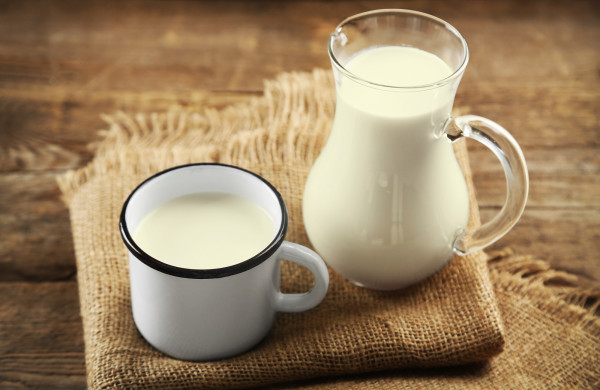Have you ever heard of A1 and A2 milk? If not, you may be surprised to learn that the type of milk you drink could have a significant impact on your health. While both types of milk come from cows, they contain different proteins that can affect digestion and overall well-being. So, what exactly is the difference between A1 and A2 milk? Let’s dive in and find out!
A1 vs A2 Milk
A1 milk is the most common type of milk found in stores. It comes from cows that have the A1 beta-casein protein in their milk. A2 milk is a newer type of milk that comes from cows that have the A2 beta-casein protein in their milk.
So what’s the difference between these two types of milk?
The biggest difference is that A1 milk has been linked to some health problems, while A2 milk has not. For example, some studies have found that A1 milk may increase the risk for heart disease and Type 1 diabetes. Additionally, A1 milk has been associated with digestive issues like bloating and gas.
A2 milk, on the other hand, doesn’t seem to carry any of these risks. In fact, some studies suggest that it may actually be better for your health than A1 milk. For example, one study found that people who drank A2 milk had fewer digestive problems than those who drank A1 milk.
If you’re looking to buy milk, you may want to choose A2 over A1. However, it’s important to note that not all brands offer both types of milk. So you may need to do a bit of research to find a brand that offers the type of milk you want.
What is A1 Milk?
A1 Milk is a type of cows’ milk that contains the A1 protein. This protein is different from the A2 protein found in most other types of cows’ milk. Some people believe that A1 Milk may cause health problems, such as digestive issues, but there is no scientific evidence to support this claim.
What is A2 Milk?
A2 milk is a type of cow’s milk that contains only the A2 protein. It’s been claimed to be easier to digest than regular milk, and some people say it may even provide health benefits.
A2 milk comes from cows that naturally produce only the A2 protein. This protein is also found in other types of mammals, including humans. The A1 protein, on the other hand, is found in most cow’s milk as well as in goat’s milk and sheep’s milk.
So what’s the difference between these two proteins? Some research suggests that the A1 protein may be more difficult for our bodies to digest than the A2 protein. Additionally, the A1 protein has been linked to several health problems, including heart disease, diabetes, and autism.
While more research is needed to confirm these potential health risks, some people are choosing to switch to A2 milk as a precautionary measure. If you’re considering making the switch, be sure to talk to your doctor first.
The Benefits of A2 Milk
A2 milk is a type of cow’s milk that contains only the A2 protein. It is said to be easier to digest than milk that contains both the A1 and A2 proteins. Some people believe that drinking A2 milk can help with digestive issues, such as bloating, gas, and diarrhea.
A2 milk is also a good source of calcium, phosphorus, and vitamin D. These nutrients are important for bone health. Drinking A2 milk may also help reduce the risk of osteoporosis.
A2 milk doesn’t contain any artificial hormones or antibiotics. This means it may be safer to drink than regular milk.
Drawbacks of A1 Milk
A1 milk has been linked to a number of health problems, including heart disease, diabetes, and autism. Some studies have also suggested that A1 milk may contribute to inflammation and digestive problems.
How to Choose the Right Type of Milk
There are many types of milk available on the market today. With so many choices, it can be hard to know which type of milk is right for you. Here are a few things to consider when choosing the right type of milk:
- Your dietary needs: Are you looking for a milk that is low in fat? Lactose-free? High in calcium? Make sure to choose a milk that meets your dietary needs.
- Your personal preferences: Do you prefer the taste of whole milk, skim milk, or something in between? Consider your personal preferences when selecting a milk.
- What you’ll be using it for: Will you be drinking it straight, using it in coffee or tea, or baking with it? Different types of milk are better suited for different uses. For example, whole milk is generally best for drinking, while skim milk works well in baking recipes.
Once you’ve considered these factors, you should have a good idea of what type of milk is right for you.
Conclusion
In conclusion, A1 and A2 milk are both nutritious options for those who want to incorporate dairy into their diet. Whether you choose one over the other is ultimately up to you. Consider your dietary goals, allergies, and sensitivities when making a decision on which type of milk to purchase in order to ensure that it will best meet your needs. Ultimately though, either one offers unique health benefits that can contribute positively towards overall well-being!

